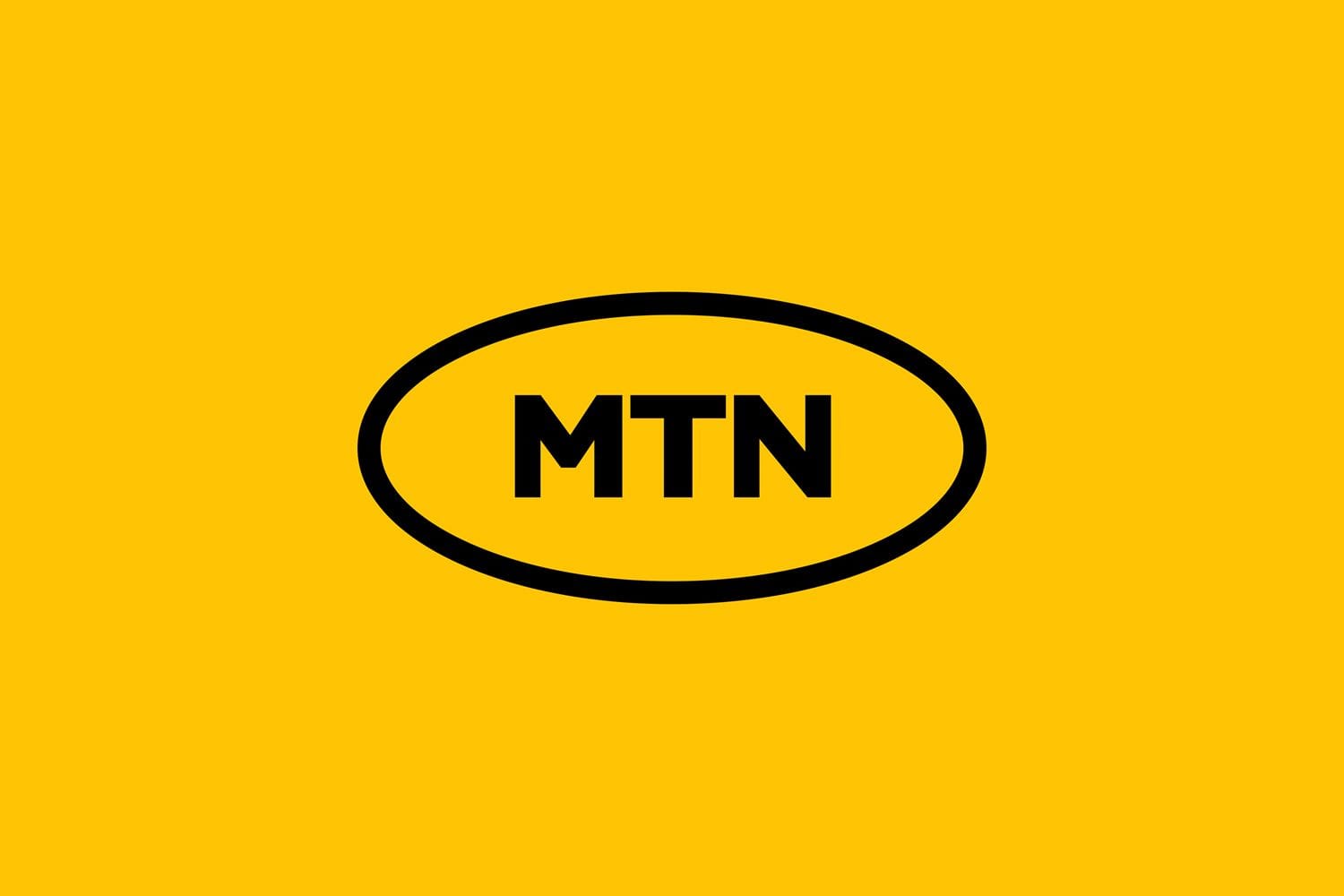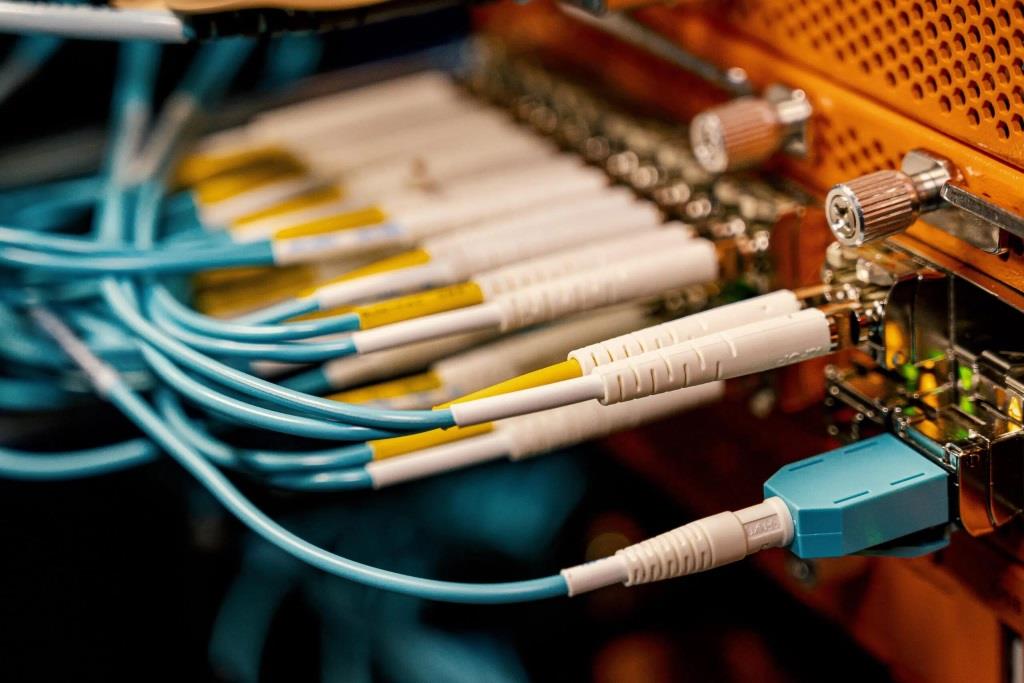Technology
Kaspersky Blocks 30,000 Malware Attacks in Nigeria, Others

By Sodeinde Temidayo David
A global leader in cybersecurity solutions and services, Kaspersky, has blocked not less than 30,000 mobile malware attacks in Nigeria, Kenya, and South Africa in just six months.
According to the cybersecurity company, between January and June 2021, a total of 14,071 attacks originated from Nigeria, while 10,697 malware’s were blocked in Kenya and 5,499 in South Africa.
Monitoring the African-based attacks, it was observed that system threats in Nigeria continued to increase as it trails Egypt which had a record of 19,466 cases by the number of attacks blocked.
This gives concerns as it points to how prevalent mobile threats have become in this highly connected country.
According to the latest research made by Kaspersky, Nigeria places eighth at 11.76 per cent share of users around the world, attacked by mobile malware.
The top three most prevalent malware behaviours that Kaspersky discovered in Nigeria were Trojans, Trojan-Downloaders, and Trojan-Droppers. Others included the Trojan proxy allows an attacker to use the infected device as a proxy to connect to the Internet.
A trojan is a type of malware that is often disguised as legitimate software which attackers can use to try and gain access to user systems.
Trojan-Downloaders, as the name implies, download and install new versions of malicious programmes, including Trojans and Adware on victim computers.
Meanwhile, Trojan-Droppers usually save a range of files containing malicious programmes to the victim’s drive, once installed.
Commenting on the report, the Enterprise Sales Manager at Kaspersky in Africa, Mr Bethwel Opil, noted that, “Mobile malware remains a significant threat for corporate and personal users across Africa. These attacks are usually very diverse with hackers leveraging a range of methodologies and technologies to compromise victims’ devices. Trojan-Downloaders and Trojan-Droppers are especially dangerous given their potential to contain significantly damaging payloads.”
Nigerians are, therefore, advised to install cybersecurity solutions on their mobile devices.
Other additional ways users can enhance their security, is to create a strong password and the installation of apps from reputable sources.
Mobile users were also urged not to trust SMS, as mobile malware uses text messages and were advised not to respond to requests for credit card details or other private information.
To prevent attacks from proxy malware’s, web users are, therefore, advised to check their browser for the lock symbol. The lock icon in the address bar indicates that the sight is secure when entering personal data.
Kaspersky’s deep threat intelligence and security expertise are constantly transforming into innovative security solutions and services to protect businesses, critical infrastructure, governments and consumers around the globe.
Technology
First Cohort of MTN Cloud Accelerator Kicks Off

By Modupe Gbadeyanka
The first cohort of high-potential startups selected for the newly launched Cloud Accelerator Programme of MTN Nigeria has officially commenced.
The accelerator is designed to help founders overcome growth bottlenecks by refining their business models, improving their operational efficiency, and creating investor-ready pitches.
The small firms were chosen from across Nigeria and other African markets through a rigorous selection process for their bold ideas and proven traction in addressing key challenges across fintech, health tech, agritech, edtech, AI, and cybersecurity.
The selected companies will embark on a 12-week journey of mentorship, technical integrations, and funding opportunities, powered by MTN’s expansive ecosystem and cloud infrastructure.
In addition to technical support, startups will receive access to funding networks and exposure to key investors, policy-makers, and ecosystem leaders.
Over the course of the programme, the selected startups will participate in intensive workshops led by industry experts, one-on-one mentorship sessions with leaders in the African tech and venture ecosystem, and hands-on support integrating MTN’s cloud APIs into their platforms.
The programme will culminate in a high-profile Demo Day in December 2025, where participants will pitch their refined solutions to an audience of investors, industry executives, and policy leaders.
This event is expected to attract significant interest from local and international venture firms looking to back scalable African tech ventures.
The Demo Day is not just a pitch event, but a showcase of Africa’s capacity to innovate and create solutions that resonate beyond our borders.
“This cohort embodies the resilience, creativity, and ambition of Africa’s tech ecosystem. By providing access to mentorship, cloud technology, and go-to-market support, we are positioning these startups to compete globally while solving uniquely African problems,” the Chief Enterprise Business Officer of MTN Nigeria, Ms Lynda Saint-Nwafor, said.
She described the MTN Cloud Accelerator as “a unique blend of infrastructure and opportunity,” noting that, “By hosting this programme locally, supported by the state-of-the-art Sifiso Dabengwa Data Centre, we are demonstrating our commitment to strengthening Africa’s digital backbone.”
Ms Saint-Nwafor also said, “The future of African innovation will be written by founders who are supported with the right infrastructure and networks,” adding that, “With the Cloud Accelerator, MTN is helping to create that future today.”
Applications for the next cohort of the MTN Cloud Accelerator are expected to open in early 2026, signalling MTN’s long-term commitment to building a robust pipeline of African tech companies equipped to thrive globally.
Technology
NCC Laments 1,100 Fibre Cable Cut Incidents Weekly

By Adedapo Adesanya
The Nigerian Communications Commission (NCC) has raised alarm over the increasing damage to telecommunications infrastructure nationwide, revealing that Nigeria currently records an average of 1,100 fibre cut incidents weekly.
The Executive Vice-Chairman of the NCC, Dr Aminu Maida, said during a Critical National Information Infrastructure (CNII) and Sustainability Conference in Lagos on Thursday that the commission also recorded 545 cases of access denial and 99 cases of theft on a weekly basis.
The event was organised by the Nigeria Information Technology Reporters Association (NITRA) in collaboration with the Association of Licensed Telecom Operators of Nigeria (ALTON) themed Critical National ICT Infrastructure and Industry Sustainability, Way Forward.
Mr Maida, who was represented by Mr Edoyemi Ogoh, Director, Technical Standards and Network Integrity Department, NCC, said that these incidents threatened service delivery, operational stability, and national security.
“These are not just numbers. They reflect a national emergency. Every fibre cut, every theft, and every case of sabotage contributes to dropped calls, failed transactions, interrupted emergency services and economic losses.
He added that the damages had become a major barrier to sustaining the country’s digital economy, which relied heavily on resilient telecom infrastructure.
“We are ensuring Nigerians understand that damage to telecom infrastructure affects not just big companies, but ordinary people who depend on mobile services, ATMs, hospitals and security alerts,” Mr Maida said.
He added that collaboration with the Office of the National Security Adviser (ONSA) was key to aligning telecom infrastructure protection with the nation’s broader security architecture.
The NCC boss further identified access denial to base station sites as a growing challenge, noting that in many cases, operators were prevented from conducting essential maintenance and operations, thereby prolonging network outages.
He noted that the situation was further compounded by Right-of-Way (RoW) bottlenecks, complex and delayed permit processes, and the rising cost of operations due to heavy reliance on diesel-powered generators, stating, “The security situation in parts of the country also poses a real barrier to safe and timely maintenance of telecom sites.”
Technology
Truecaller’s Monthly Active Users in Africa, Middle East Hit 100 million

By Aduragbemi Omiyale
A significant milestone has been reached by the leading global platform for verifying contacts and blocking unwanted communications, Truecaller, as its monthly active users in the Middle East and Africa (MEA) region have surpassed 100 million.
A statement from the organisation disclosed that the figures were 19 per cent more than its active monthly users in August 2024.
It was also stated that numbers are from its users who downloaded the Trucaller app on their Android and iOS devices.
Some of the largest markets in the MEA region for Truecaller are Egypt, Nigeria, South Africa, Kenya, Algeria, Ghana, and Jordan.
Typically, Truecaller is used on 20-45 per cent of connected smartphones in these markets, reflecting its massive adoption for blocking unwanted communications.
Commenting on the this development, the chief executive of Trucaller, Mr Rishit Jhunjhunwala, said, “With the Middle East and Africa experiencing significant growth in smartphone adoption and mobile data adoption, we’re really happy that we’re able to solve communication problems for individuals and businesses in that region.
“MEA, like India and many other markets, are mobile first markets with your mobile number being the primary identifier and Truecaller has always grown organically in such markets.
“We’re continuing to strengthen our organization and our partnerships in the region, because we believe that the MEA is poised for significant growth for many years ahead.”
Trucaller, which has its headquarters in Sweden, was listed on the Nasdaq Stockholm in 2021, and has over 450 million active users, with more than a billion downloads since launch and close to 56 billion unwanted calls identified and blocked in 2024 alone.
-

 Feature/OPED6 years ago
Feature/OPED6 years agoDavos was Different this year
-
Travel/Tourism9 years ago
Lagos Seals Western Lodge Hotel In Ikorodu
-

 Showbiz3 years ago
Showbiz3 years agoEstranged Lover Releases Videos of Empress Njamah Bathing
-

 Banking7 years ago
Banking7 years agoSort Codes of GTBank Branches in Nigeria
-

 Economy2 years ago
Economy2 years agoSubsidy Removal: CNG at N130 Per Litre Cheaper Than Petrol—IPMAN
-

 Banking2 years ago
Banking2 years agoFirst Bank Announces Planned Downtime
-

 Sports2 years ago
Sports2 years agoHighest Paid Nigerian Footballer – How Much Do Nigerian Footballers Earn
-

 Technology5 years ago
Technology5 years agoHow To Link Your MTN, Airtel, Glo, 9mobile Lines to NIN















